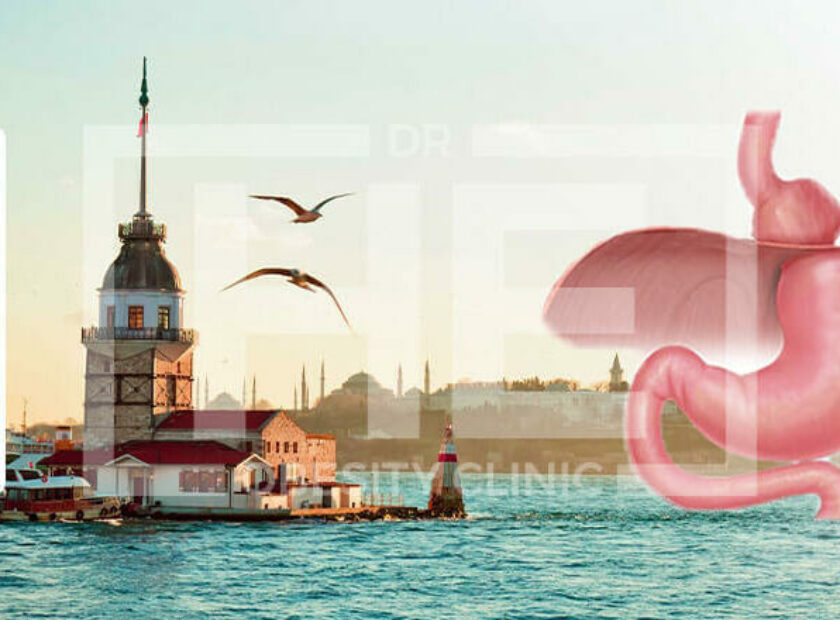
Millions of people around the world suffer from hernias, which is a common medical condition. It takes place when a muscle tear or connective tissue weakness allows an organ or tissue to protrude through. While some hernias are benign and don’t require surgery, others can be dangerous and demand immediate attention. We’ll go over the various hernia types, their signs and symptoms, and available treatments in this article.
Different Hernias
There are various hernia varieties, and each has its own special traits and signs. Hernias come in a variety of common forms.
The most prevalent type of hernia is an inguinal hernia, which develops when the intestine or bladder push through the abdominal wall or groyne. It is more common in men than women and can cause pain and discomfort in the affected area.
- Hiatal Hernia: The stomach can become protruded through the diaphragm into the chest cavity to cause this type of hernia. It can induce heartburn, chest pain, and difficulty swallowing.
- Umbilical Hernia: This kind of hernia develops when fatty tissue or the intestine pushes through the abdominal wall close to the navel. Although adults can also get it, babies and young children are more likely to.
- Incisional hernia: An incisional hernia develops at the site of a prior surgical incision. The affected area may experience pain, swelling, and discomfort as a result.
Hernia-related symptoms
Depending on the type and severity of the condition, hernia symptoms can change. Among the typical signs of a hernia are:
- An enlargement or swelling in the afflicted region
- Pain or discomfort in the affected area
- Diarrhoea or vomiting – Chest pain or heartburn – Difficulty swallowing
It’s crucial to seek medical attention right away if you experience any of these symptoms. Delay in receiving treatment can result in fatal complications.
Options for Hernia Treatment
The kind and severity of the problem will determine the hernia’s treatment options. Sometimes no treatment is required, and the hernia can just be watched for changes. However, if the hernia is causing discomfort or is at risk of being strangulated, surgery may be recommended.
During hernia surgery, the protruding organ or tissue is pushed back into place and the weakened area of the muscle or connective tissue is repaired. Depending on the type of hernia, this may be done either open surgery or laparoscopic surgery.
After surgery, it is important to follow your doctor’s instructions for recovery and to avoid activities that can strain the affected area. To help the muscles grow stronger and ward off future hernias, physical therapy may be required in some circumstances.
Can You Live With a Hernia?
It is crucial to get medical assistance if you feel you have a hernia, even if some hernias may not present any symptoms and can be watched without treatment. Delaying treatment might lead to significant complications, including strangling and death.
Even though having a hernia can be uncomfortable and painful, there are ways to manage the symptoms, such as avoiding heavy lifting and donning a supportive garment. However, if the hernia is seriously bothering you or poses a threat of strangulation, surgery may be required to fix it.
Hernias are a common medical condition that can be managed with the right care and lifestyle modifications. You should consult a doctor right away and go over your treatment options with them if you think you could have a hernia. With the correct care and assistance, you can manage your hernia and enhance your quality of life.
Can You Live With A Hernia Or Do You Need Surgery?
Hernias can be managed without surgery, however this is not always the case. When an organ or fatty tissue pushes through a weak area in the surrounding muscles or connective tissue, it is known as a hernia. While some hernias might not be painful or complicated, others might be and necessitate medical attention.
The choice to have a hernia surgically repaired depends on a number of variables, including the hernia’s size and location, any accompanying symptoms, and the patient’s general health. When the hernia becomes imprisoned or strangulated, resulting in excruciating agony or even organ damage, surgery is frequently advised. Hernias that produce ongoing discomfort or interfere with daily activities may also need to be surgically repaired to avoid further consequences.
It is crucial to speak with a healthcare practitioner to receive a thorough assessment and go over your treatment options. They will decide whether surgery is required or whether other care options can be explored after taking into account the specifics of the hernia and the person’s general condition.



